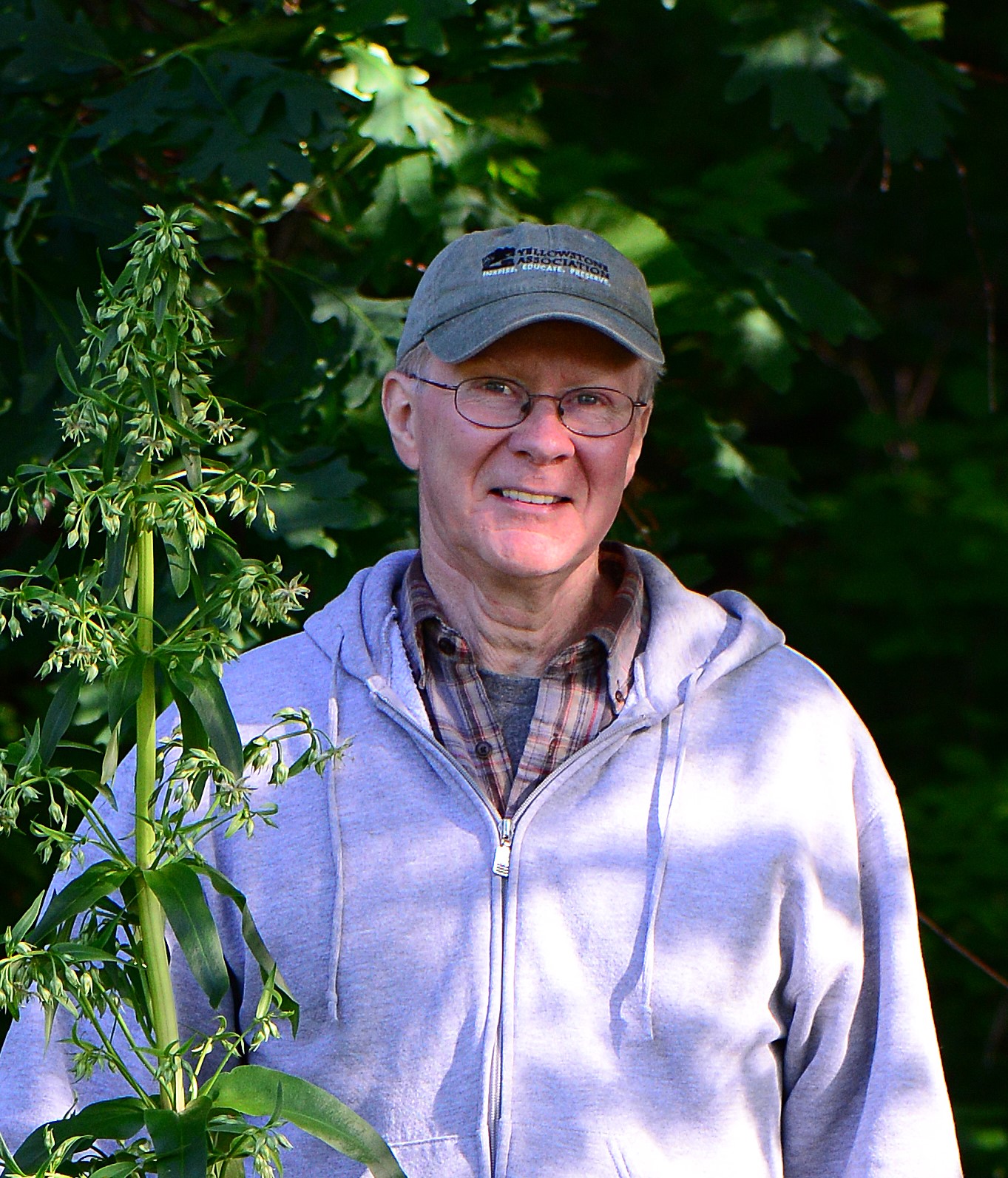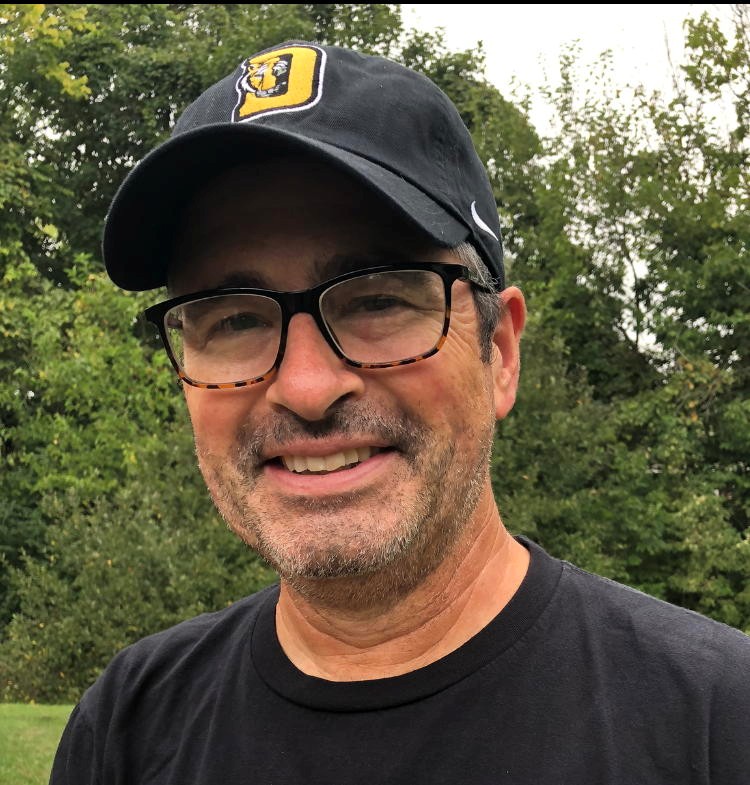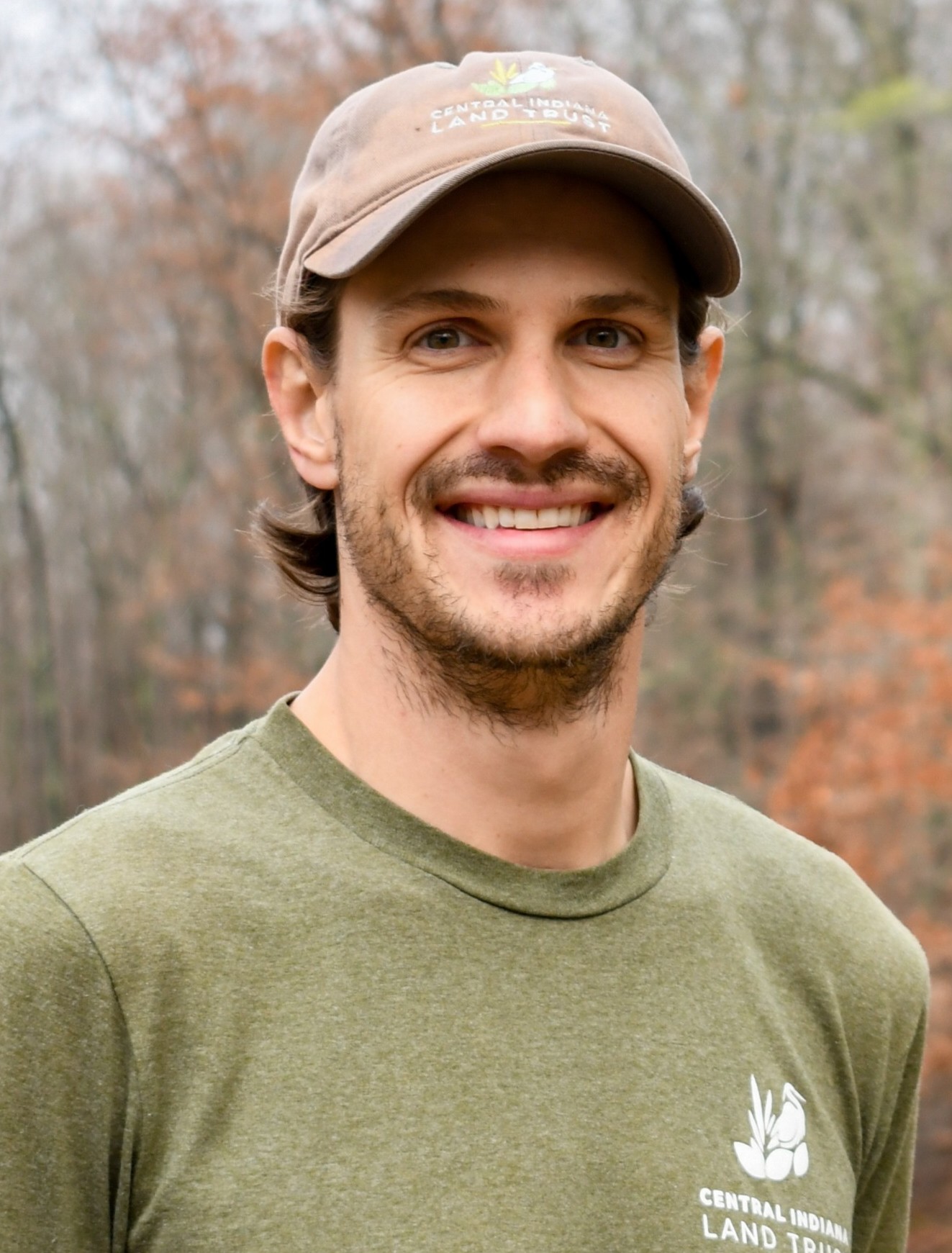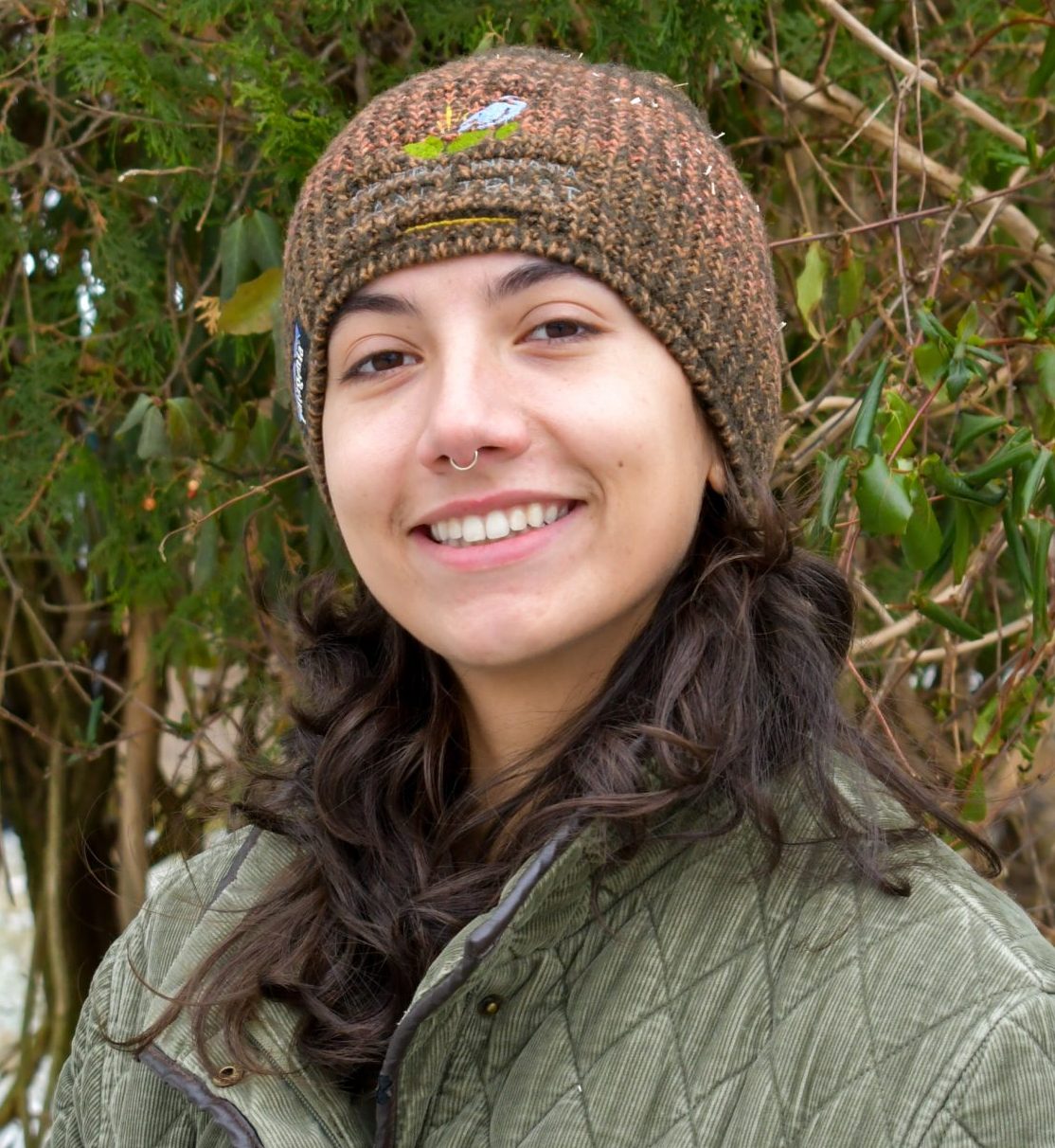
1269px-George_Washington_Carver,_full-length_portrait,_seated_on_steps,_facing_front,_with_staff_LCCN2004671560
George Washington Carver (front row, center). Public Domain.
Saluting Black Leaders, Past and Present
Written By: Shawndra Miller
Date Published: February 28, 2022
Shawndra Miller
In honor of Black History Month, we’d like to lift up some historical (and present day) Black voices of the American environmental movement. Though often unsung, these and many other individuals deserve our gratitude for their leadership, resilience and innovation.
George Washington Carver, an agricultural scientist and inventor, was born into slavery but went on to develop hundreds of products using peanuts, sweet potatoes and soybeans. The first Black man to receive a bachelor of science degree, he earned his master’s degree in agricultural science from Iowa State University. He taught at Tuskegee University for decades, conducting research that would prove valuable to farmers—and to the environment.
For example, he showed cash-strapped farmers that they could avoid commercial feed, instead feeding hogs acorns. He taught how to fertilize croplands with swamp muck instead of commercial additives.
But his research into soil chemistry would have the most lasting impact, when he developed the idea of crop rotation. Carver saw that years of cotton crops had resulted in soil depletion. His tests showed that growing nitrogen-fixing plants like peanuts, soybeans and sweet potatoes restored the soils. Yield increased dramatically when the acreage was returned to cotton crops after a few years.
Harriet Tubman, celebrated conductor on the Underground Railroad, served as a scout, spy, guerrilla soldier, and nurse for the Union Army during the Civil War. According to an Audubon article, she was also an incredible naturalist and outdoorswoman. She had to be, in order to conduct so many enslaved people to safety. Her sweeping knowledge of the region’s environment and wildlife enabled her survival. She used a signature birdcall to communicate, skillfully imitating the barred owl call of Who cooks for you? Who cooks for you-all?
In more recent history, many Black leaders have been making their mark in the environmental movement. Dr. Robert Bullard has been called the father of environmental justice for his work with marginalized communities hardest hit by environmental degradation. His interest in the topic began when he noticed that every landfill in Houston, TX was sited in predominately black neighborhoods. He helped organize the First National People of Color Environmental Leadership Summit in 1991, where 17 principles of environmental justice were drafted.
The late Hazel Johnson, “the mother of environmental justice,” founded People for Community Recovery in Chicago in the 1970s to boost environmental awareness and encourage a more sustainable society. She was instrumental in the passing of legislation that directed federal agencies to address their disproportionate adverse health and environmental impacts on minority and low-income populations.
Meanwhile Audrey and Frank Peterman have been active in the conservation movement since 1995. A leader in the movement to make America’s public lands relevant to every demographic group in our population, Audrey has long served on the board of the National Parks Conservation Association. She has authored several books, including Legacy on the Land: A Black Couple Discovers Our National Inheritance and Tells Why Every American Should Care.
Biologist Dr. Mamie Parker is another trailblazing conservationist. Before her retirement she served 30 years with the United States Fish and Wildlife Service (USFWS). She was the first Black woman to serve as the Assistant Director of Fisheries and Habitat Conservation. She gained her love of nature from her mother, an avid angler.
Dr. Parker spoke of her journey at a recent Indiana Wildlife Federation annual conference. She described encountering harassment in her chosen field. “I’ve been told many times, not just as a woman, but a Black woman, that I didn’t belong,” she said. She went on to receive the US government’s highest honor for career service employees for her accomplishments, the Presidential Rank Meritorious Service Award. At the conference, she encouraged attendees to help make the outdoors safe for all people and to forge new partnerships toward greater inclusion.
We salute these inspiring leaders!
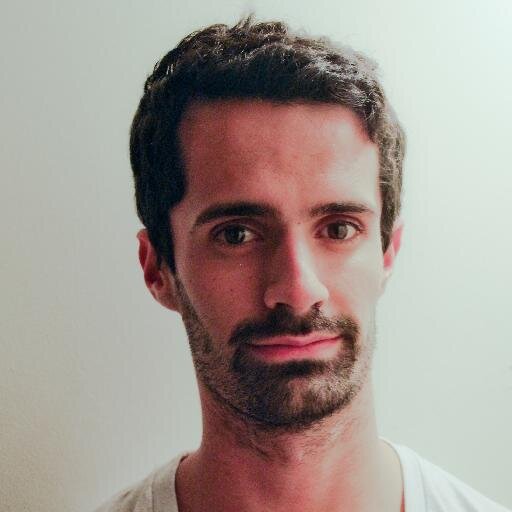
Ben Valentine
Guest Blogger
Ben Valentine is a founding member of the Friends of Marott Woods Nature Preserve and is active in several other conservation organizations. He leads a series of NUVO interviews with Indiana's environmental leaders, and he cherishes showing his son all the wonders of nature he grew up loving.

DJ Connors
Guest Blogger
DJ Connors, a Central Indiana native and late-to-life hunter, combines a lifelong appreciation for wildlife and the outdoors with a deep passion for exploring the natural beauty of the area he has called home for most of his life. As a husband and father of three, he is committed to ensuring his children have the same opportunities to connect with nature and appreciate the outdoors in their community. DJ’s unique journey into hunting emphasizes sustainability, responsible stewardship, and the importance of preserving these experiences for future generations.

Bridget Walls
Guest Blogger
Bridget is our first ever Communications and Outreach Intern. She is a graduate of Marian University, where she combined English, studio art, and environmental sciences in her degree studies. As treasurer for Just Earth, the university's environmental club, she helped plan events encouraging a responsible relationship between people, nature, and animals.

Jordan England
Guest Blogger
Jordan England is a lifelong Shelby County resident who graduated from Waldron Jr. Sr. High School (just a few miles from Meltzer Woods!). After earning her B.S. degree in Retail Management from Purdue University, she returned to Waldron to start a family with her husband, Brian. Together they have 3 young children and enjoy sharing with them their love of the community. Jordan is the Grants and Nonprofit Relations Director at Blue River Community Foundation, managing BRCF’s grant program, providing support to local nonprofits, and promoting catalytic philanthropy in Shelby County.

Cliff Chapman
President and CEO
As CILTI’s President and CEO, Cliff keeps CILTI’s focus on good science and stewardship. He’s mindful that the natural places you love took thousands of years to evolve and could be destroyed in a single day, and that knowledge drives his dedication to their protection.
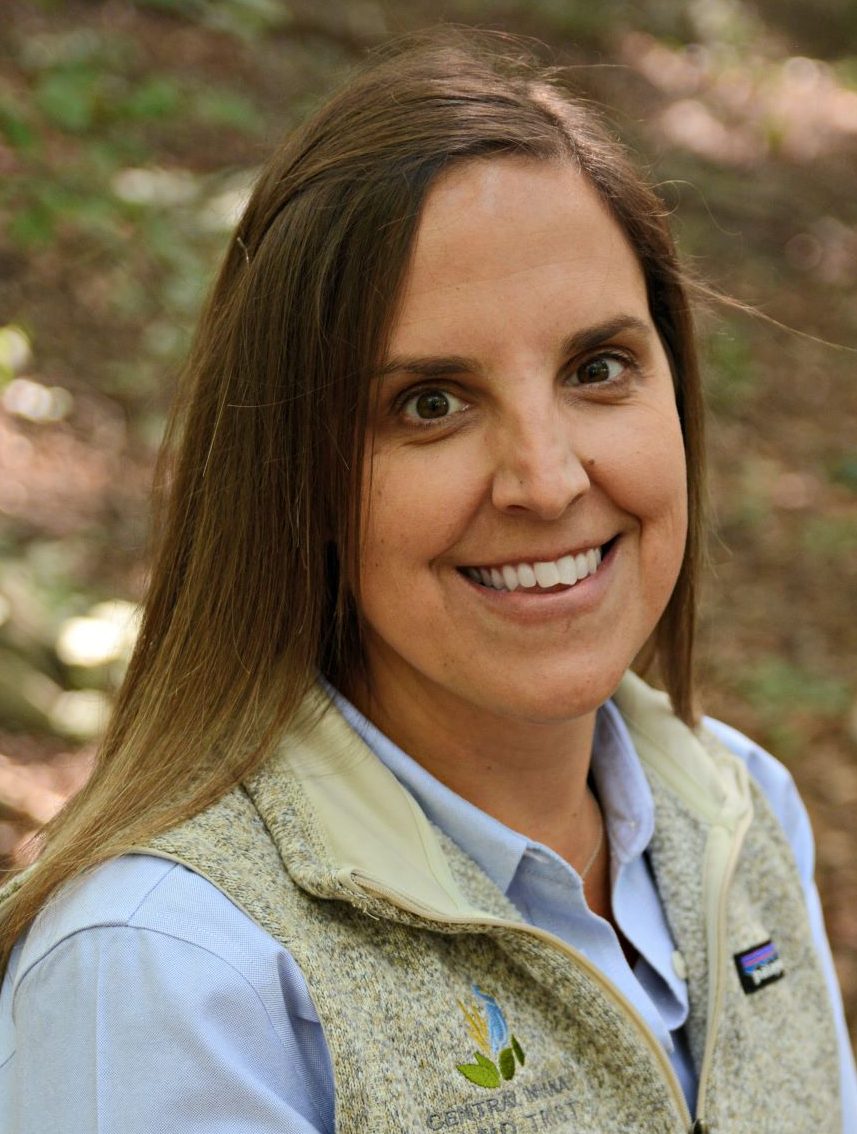
Stacy Cachules
Chief Operating Officer
Among her many key duties as Assistant Director, Stacy has the critical task of tracking our budget, making sure we channel donations for maximum efficiency. When her workday’s done, Stacy loves to spend time with her two young boys—and when not traveling, she’s likely planning the next travel adventure.

Ryan Fuhrmann
Board Chair
Ryan C. Fuhrmann, CFA, is President and founder of Fuhrmann Capital LLC, an Indiana-based investment management firm focused on portfolio management. Ryan’s interest in land conservation centers around a desire to help preserve natural habitats for wildlife and the subsequent benefits it brings to people and the environment.

Joanna Nixon
Board Member
Joanna Nixon is the owner of Nixon Consulting, an Indianapolis-based strategy and project management firm focused on the nonprofit sector. She currently serves as the Philanthropic Advisor for the Efroymson Family Fund. Prior to opening her consulting practice in 2000, Joanna was vice-president for grantmaking at Central Indiana Community Foundation (CICF). Joanna has more than 25 years of experience in the nonprofit and arts and culture sector. She is passionate about the environment and loves bringing big ideas to life and creating high-quality arts and culture programs and experiences. Joanna enjoys outdoor adventures, including competing in fitness obstacle course races and hiking with her high energy Australian Cattle Dog, Jackson.

Karen Wade
Board Member
Before retiring, CILTI board member Karen Wade worked for Eli Lilly & Co. In retirement she volunteers for a number of organizations, including the Indiana Master Naturalist program, Johnson County Native Plant Partnership CISMA, Meadowstone Therapeutic Riding Center, and Leadership Johnson County.

David Barickman
Development Systems Manager
Born and raised in Central Illinois, David spent many days as a child wandering around the river, forest and lakes there. He works behind the scenes as a key member of our fundraising team. When not working, David loves to be outdoors hiking, fly fishing, kayaking or woodworking.

Jamison Hutchins
Stewardship Director
Jamison leads our stewardship team in caring for the land that is so important to you. He comes to our team after eight years as Bicycle and Pedestrian Coordinator for the city of Indianapolis, where his work had a positive impact from both health and environmental perspectives.

Jen Schmits Thomas
Media Relations
An award-winning communicator and recognized leader in Central Indiana’s public relations community, Jen helps us tell our story in the media. She is the founder of JTPR, which she and her husband John Thomas own together. She is accredited in public relations (APR) from the Public Relations Society of America, and loves to camp and hike in perfect weather conditions.

Shawndra Miller
Communications Director
Shawndra’s earliest writing projects centered around the natural world, starting when a bird inspired her to write her first “book” in elementary school. Now she is in charge of sharing our story and connecting you to our work. Through our print and online materials, she hopes to inspire your participation in protecting special places for future generations.

Phillip Weldy
Stewardship Manager
Phillip enjoys nature’s wonders from an up-close-and-personal perspective as he works to restore the natural places you love. As an AmeriCorps member in Asheville, NC, he had his first full immersion in relatively undisturbed land while reconstructing wilderness trails in National Parks and National Forests.
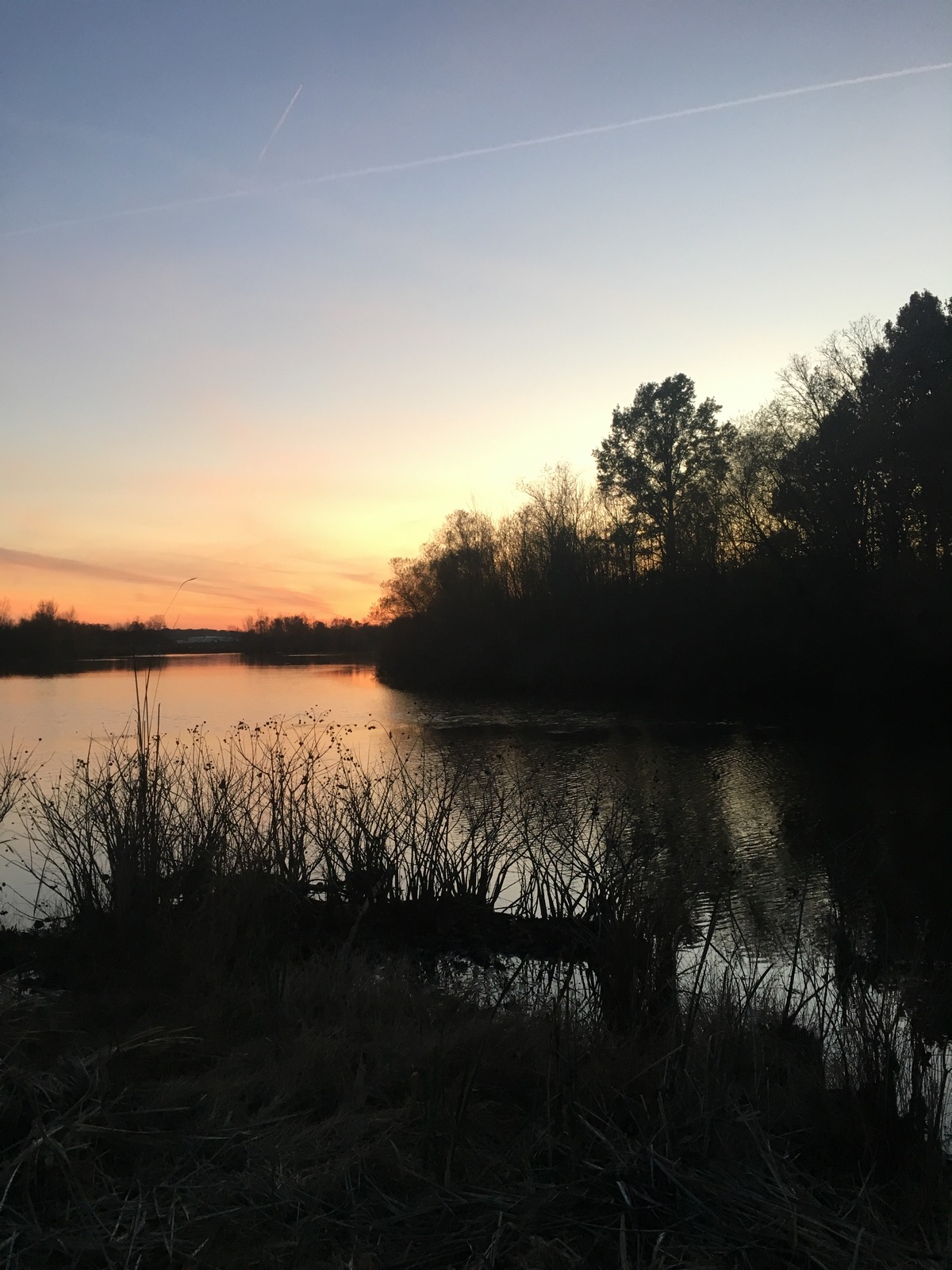

February 2, 2026
Kidneys of the planet. Biodiversity hotspots. Sponges. These are just some of the ways wetlands can be described, according to Gary Lamberti, Nieuwland Professor of Aquatic Science at the University of Notre Dame.
Browning Marsh,Meltzer Woods,Newsroom,Properties
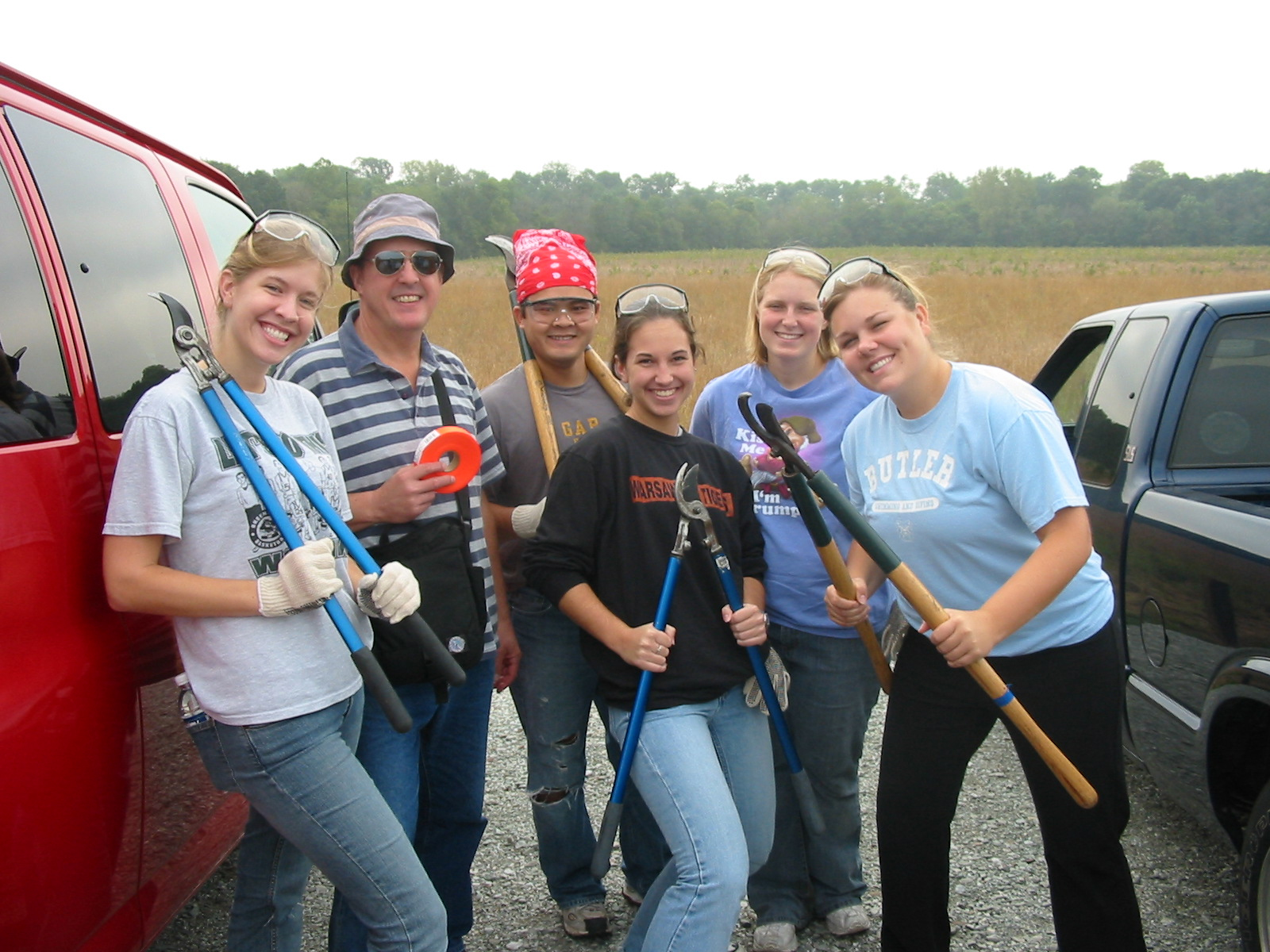

January 21, 2026
Dick Miller (second from left, above) is a longtime land trust member with a history of rolling up his sleeves. He started off by bringing his Butler students to volunteer events in the late 2000s. After retirement, he volunteered weekly and later joined the board of directors. His beautiful [...]
Legacy,Newsroom


January 8, 2026
We knew at the outset that our goal would require everyone to dig deep. The Efroymson Family Fund offered a generous $350,000 matching challenge, our largest year-end challenge to date. It was a big stretch.
Fred & Dorothy Meyer Nature Preserve,Homepage,Newsroom,Properties





